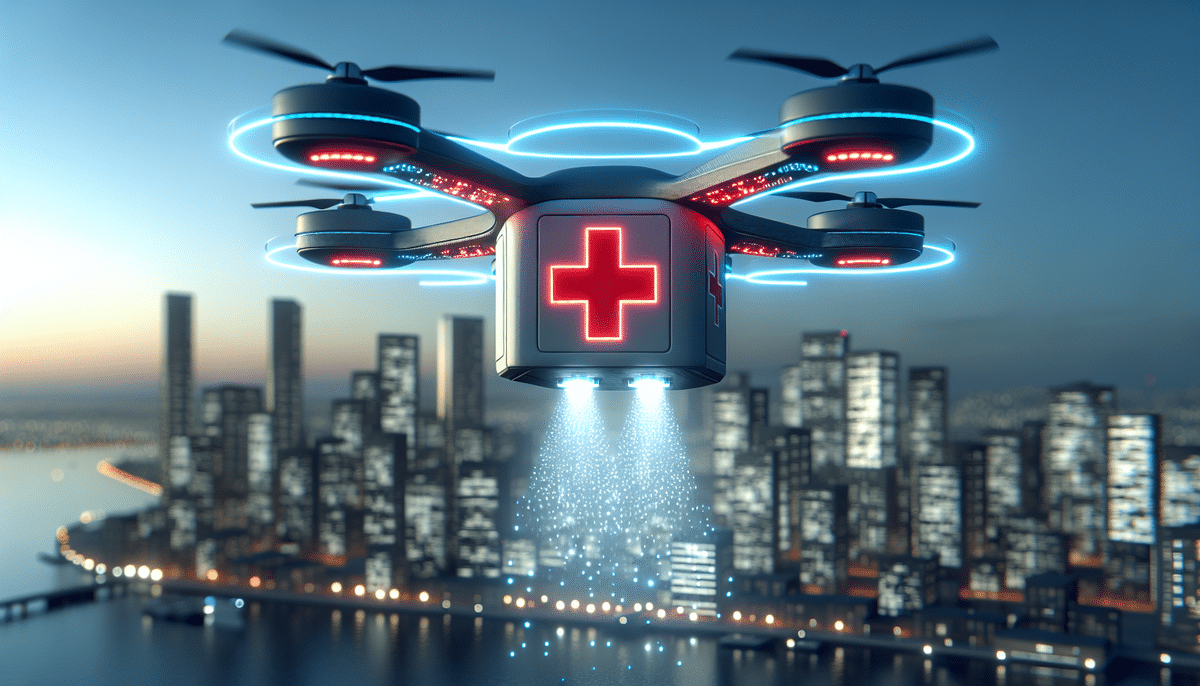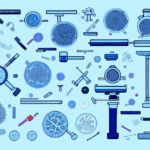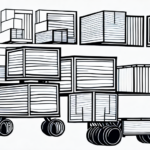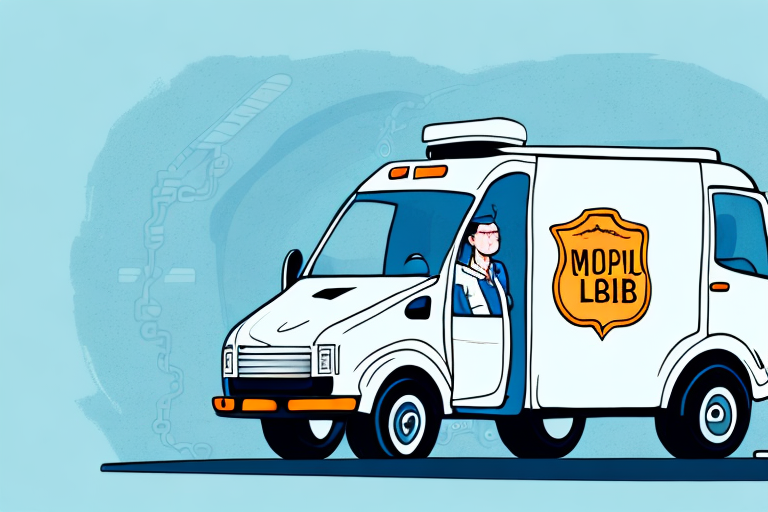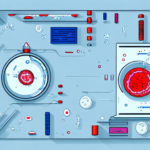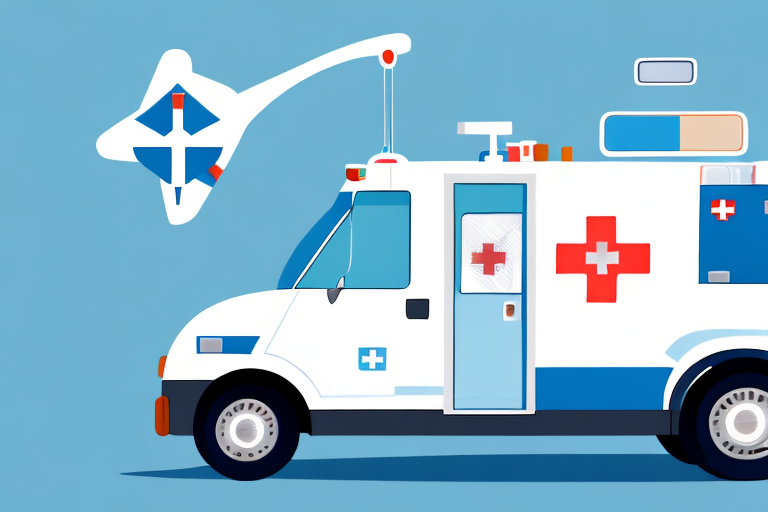Revolutionizing Medical Delivery with a Medical Courier App
The healthcare industry has always been driven by the need for speed and efficiency. With the increasing demand for medical supplies, specimens, and samples, healthcare providers require a reliable medical delivery system that can transport these sensitive items promptly and effectively. Medical courier apps have emerged as a transformative solution, enhancing the logistics of medical deliveries. This article explores the features of a cutting-edge medical courier app, the benefits for healthcare providers, future trends in medical delivery services with technology, and case studies of successful implementations.
The Need for Efficient Medical Delivery Services
The demand for prompt medical delivery services remains a significant challenge for healthcare providers. Institutions such as hospitals and clinics must transport sensitive items like blood samples, medical equipment, and pharmaceuticals swiftly and safely. Traditional methods, such as using cars or vans, have proven unreliable and time-consuming, potentially impacting patient care negatively. According to a recent McKinsey report, delays in medical deliveries can increase patient wait times by up to 20%, emphasizing the necessity for more efficient systems.
How Medical Courier Apps Work
Medical courier apps connect healthcare providers with dedicated medical couriers through a user-friendly mobile platform. Providers can place delivery orders with a few clicks, specifying pickup and drop-off locations, package contents, and required delivery times. Couriers receive these orders, accept them, and handle the transportation while the app tracks the package in real-time. This system not only ensures timely deliveries but also maintains accountability and transparency throughout the process.
Key Features and Benefits of Medical Courier Apps
Essential Features
- Real-time GPS tracking of couriers and packages
- Instant notifications and alerts for status updates
- Secure, encrypted communication between providers and couriers
- Digital signature capture for proof of delivery
- Temperature-controlled transportation options for sensitive items
- Route optimization to enhance delivery efficiency
Benefits for Healthcare Providers
- Increased Efficiency: Optimized delivery routes and real-time tracking reduce transportation time and increase operational efficiency.
- Improved Patient Care: Faster and more reliable deliveries ensure that critical medical supplies and samples arrive on time, positively impacting patient outcomes.
- Cost Savings: By eliminating the need for dedicated logistics staff and vehicles, healthcare providers can reduce operational costs significantly.
- Enhanced Accountability: Detailed tracking and reporting features help in maintaining accountability and reducing the risk of lost or mishandled items.
- Security: Robust security protocols, including background checks and encrypted communications, ensure the safe transportation of sensitive medical items.
Implementation Strategies for Healthcare Providers
To effectively adopt medical courier apps, healthcare providers should:
- Partner with Reliable App Providers: Choose apps with proven track records and strong security measures to ensure dependable delivery services.
- Integrate with Existing Systems: Seamlessly integrate the courier app with electronic health records (EHR) and other operational systems to streamline workflows.
- Train Staff: Provide comprehensive training to staff members on how to use the app effectively, ensuring smooth adoption and utilization.
Moreover, integrating real-time data and reporting can provide valuable insights into delivery operations, enabling further optimization and improved service delivery.
Future Trends in Medical Delivery Services with Technology
As technology advances, medical delivery services are set to become even more efficient and reliable. Future trends include:
- Artificial Intelligence and Machine Learning: AI can predict delivery trends, optimize routes, and manage logistics more effectively.
- Internet of Things (IoT): IoT devices can monitor the condition of medical supplies in real-time, ensuring that temperature-sensitive items remain within required parameters.
- Autonomous Delivery Vehicles: Self-driving vehicles and drones may become integral to medical delivery, reducing reliance on human couriers and speeding up deliveries.
According to a Forbes article, the integration of autonomous technology could reduce delivery times by up to 30% and lower operational costs by 15% in the next decade.
Case Studies of Successful Implementation
Case Study 1: Texas Healthcare Provider
A major healthcare provider in Texas implemented a medical courier app to transport sensitive medical items. Post-implementation, they reported a 30% reduction in delivery errors and a 25% improvement in delivery times, enhancing overall patient care.
Case Study 2: Clinical Trials Management
Research institutions conducting clinical trials utilized medical courier apps to transport biological samples between research sites. This led to faster sample processing times and improved the accuracy of trial results.
Case Study 3: Organ Transplant Logistics
Hospitals involved in organ transplants adopted medical courier apps to ensure the swift and secure transportation of organs from donors to recipients. This adoption decreased organ delivery times by 40%, significantly improving transplant success rates.
Overcoming Challenges in Implementing a Medical Courier App
Despite the benefits, implementing a medical courier app can present challenges such as resistance to change, initial costs, and security concerns. To overcome these:
- Engage Stakeholders: Involve key stakeholders in the decision-making process to gain buy-in and reduce resistance.
- Allocate Budget: Invest in high-quality apps that offer robust security and reliable performance, ensuring long-term savings and efficiency.
- Ensure Compliance: Adhere to healthcare regulations and standards to maintain the security and confidentiality of medical items.
- Continuous Training: Provide ongoing training and support to staff to ensure the app is used effectively and any issues are promptly addressed.
Conclusion: The Transformative Impact of Technology on Healthcare Delivery
The integration of medical courier apps is revolutionizing the healthcare industry by enhancing the efficiency, reliability, and security of medical deliveries. By leveraging technology, healthcare providers can create a seamless and secure medical logistics and delivery system that optimizes routes, increases efficiency, and improves patient care outcomes. As technology continues to evolve, these apps will play a pivotal role in meeting the growing demand for prompt and efficient medical delivery services, ultimately advancing the standard of healthcare delivery.













